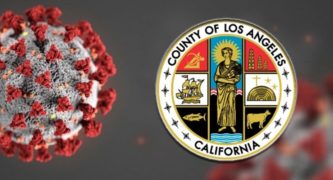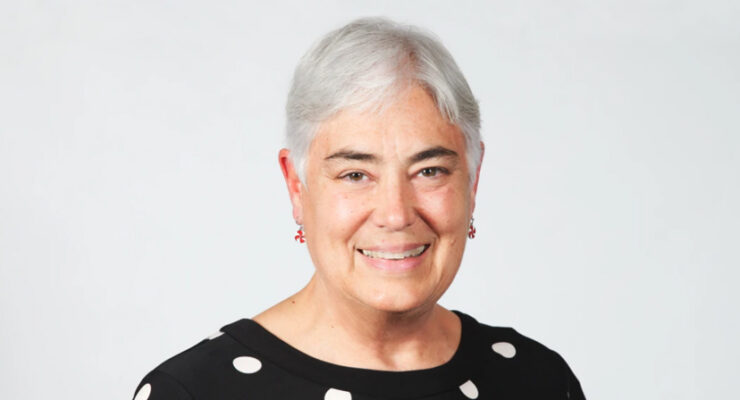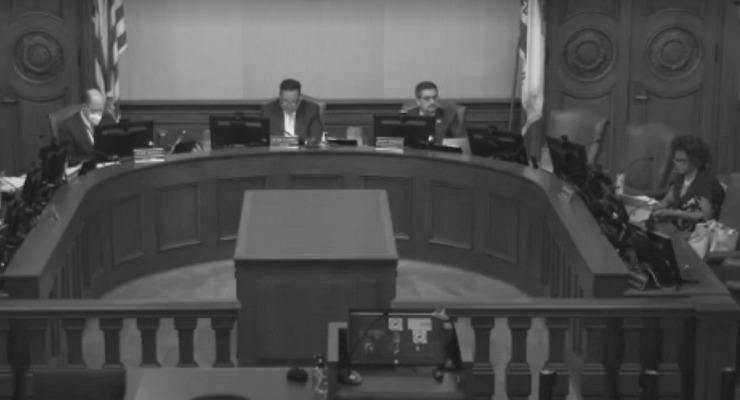Like the County of Los Angeles and the state, Pasadena’s Health Officer has issued a “Safer at Home” order, effective at 11:59 p.m. Thursday night, that closes all “non-essential” businesses and services and limits the number of people who can gather in one place to less than 10, in an effort to stem the spread of the coronavirus.
Pasadena’s order will be in place at least through April 19. The city’s health officer will continue to monitor the rate of COVID-19 disease spread as well as recommendations from the state and the federal Centers for Disease Control, and the order might be extended or expanded.
The city’s order closely mirrors orders issues by the state, county and city of L.A., with only slight differences. For instance, L.A.’s order prohibits gatherings of more than five people (to Pasadena’s less-than-10), though L.A. city’s does not apply to private homes.
Pasadena’s order requires the closure of malls, shopping centers, children’s playgrounds and “non-essential retail businesses – with “essential” defined as including, but not limited to, grocery stores, supermarkets, banks, convenience stores, pharmacies and other health-oriented businesses. (See a more complete list of “essential” businesses below.)
The order does not apply to hospitals, clinics, laboratories, dentists, pharmacies, pharmaceutical and biotechnology companies or other licensed healthcare facilities, or to healthcare suppliers, home healthcare service providers, mental health providers, medical cannabis dispensaries, medical or scientific research companies, or any related healthcare services, manufacturers or distributors, according to the Health Department.
All those facilities remain open.
The U.S. Mail will continue to be delivered, and delivery services such as Amazon will also continue to operate.
But bars and gyms remain closed, as does all sit-down restaurant service. Only restaurants that provide drive-through or delivery remain open.
City offices and the schools remain closed, as does the public library.
City recreation and community centers are also closed. The YMCA Food Program will continue at Jackie Robinson and Villa-Parke Community Centers. All City parks and their restrooms remain open.
Certain outdoor activities also are still allowed, such as hiking, biking, running and dog-walking. But you must practice social distancing protocols during such activities, including remaining at least six feet apart.
Public and private gatherings of between two and nine people, held in a confined or enclosed space, and not prohibited. But organizers, owners, managers or operators must follow certain rules at those gatherings, including:
• Enforcing social distancing measures by requiring attendees who remain for over five minutes to be separated by at least six feet.
• Providing access to hand-washing facilities with soap and water or with hand sanitizer that contains at least 60 percent alcohol.
• Posting a sign in a conspicuous place at all public entries to the venue that instructs members of the public to not enter or attend if they are experiencing symptoms of respiratory illness, including fever or cough.
As of Friday, there were 231 confirmed cases of the potentially deadly virus in L.A. County and 675 in the state, including two cases in Pasadena. Two people in the county have reportedly died from COVID-19, the respiratory disease that comes from the coronavirus. The latest L.A. County death was at Huntington Hospital.
Here are is a more complete list of businesses deemed “essential” – and thus, still open, under the city’s order:
• Grocery stores, certified farmers markets, farm and produce stands, supermarkets, food banks, convenience stores, and other establishments engaged in the retail sale of canned food, dry goods, fresh fruit and vegetables, pet supply, water, fresh meats, fish, and poultry, and any other household consumer products.
• Pharmacies.
• Restaurants and other food facilities that prepare and serve food, but only for delivery, drive thru or carry out.
• Food cultivation, including farming, livestock, and fishing.
• Businesses that provide food, shelter, and social services, and other necessities economically disadvantaged or otherwise needy individuals.
• Newspapers, television, radio, magazine, podcast and other media services.
• Gas stations and auto-supply, auto-repair, car dealerships and related facilities
• Banks, credit unions, and related financial institutions.
• Hardware stores, nurseries; building supplies.
• Plumbers, electricians, exterminators, custodial/janitorial workers, handyman Services.
• Funeral home workers and morticians.
• Moving services, HVAC installers, carpenters.
• Vegetation services, tree maintenance, landscapers, gardeners, property managers, private security personnel and other service providers who provide services to maintain the safety, sanitation, and essential operation to properties and other essential businesses.
• Businesses providing mailing and shipping services.
• Laundromats, dry cleaners, laundry service providers, personal grooming services.
• Businesses that supply office or computer products needed by people who work from home.
• Businesses that supply other essential businesses with the support or supplies necessary to operate.
• Businesses that ship, truck, provide logistical support or deliver groceries, food, goods or services directly to residences, essential businesses, healthcare operations, essential infrastructure.
• Airlines, taxis, and other private transportation providers.
• Businesses that provide parts and service for essential infrastructure.
• Home-based care for seniors, adults, disabled persons or children.
• Residential facilities and shelters for seniors, adults, disabled persons, and children;
• Professional services, such as legal or accounting services, when necessary to assist in compliance with legally mandated activities.
• Military/Defense Contractors.
• Childcare facilities providing services that enable employees exempted in the “Safer at Home” order.
• Hotels, motels, shared rental units and similar facilities.
The city said that violation of, or failure to comply with, the order is a crime punishable by fine, imprisonment or both. It’s unclear how the order will be enforced by police.
For the complete city order, go to: https://pasadenanow.com/documents/SAFER.pdf














 2 comments
2 comments



